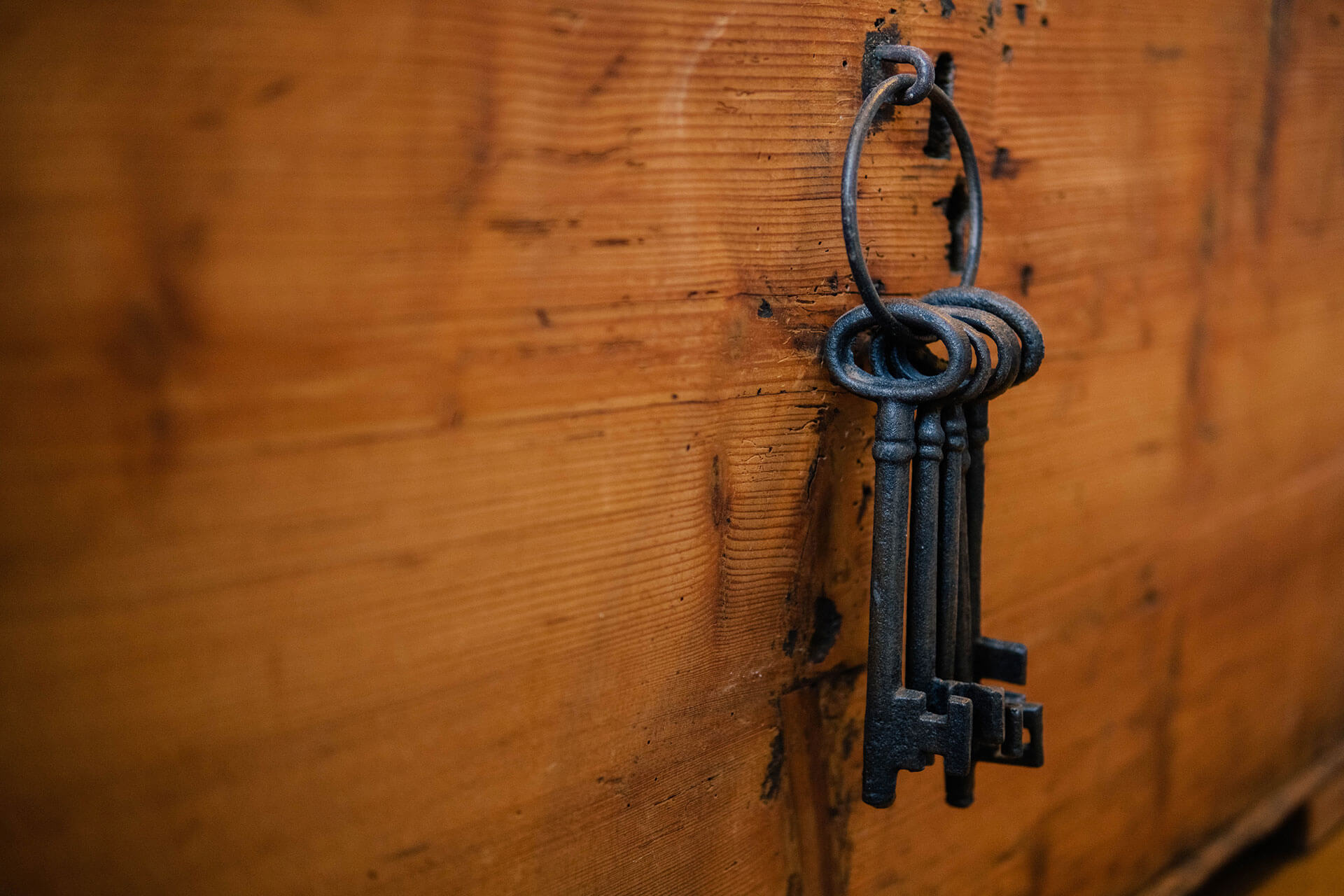HOW DOES A BAIL BOND WORK?
When a person is arrested, he/she is sent to jail. It typically takes several hours to be booked into the jail system. The jail will do fingerprints on the defendant (the person in jail) to determine their identity and whether there are any outstanding warrants. At this time, the family and friends of the defendant can go post a bail bond. A bail bond uses the principles of accountability and responsibility. Moncrief Bail Bonds guarantees that the defendant will appear in court for each court appearance until the case is over. If the defendant fails to appear, there is a warrant issued and a loss is incurred by the bonding company if the defendant is not rearrested timely. The family and friends, who cosigned on the bail bond, would have to pay any looses incurred as a result of the failure to appear. These friends and family members who secure the bond are called cosigners. Bail is an effective form of release because more parties are motivated to make sure that the defendant does appear in court. The defendant, the cosigner, and the bondsman are ensuring an appearance in court.
WHAT IS PREMIUM?
Premium is the amount of money the State requires for getting a defendant out of jail. It is typically 10% of the bond amount. (For example, if a bond is $2,500, the premium or cost to do the bond would be $250.)
Florida requires a minimum bond expenses of $100. This would apply in bonds that are less than $1,000. (For example, if a bond is $250, the minimum would apply, and it would cost $100).
The premium for a Federal Bond is 15% of the bond amount.
The Premium amounts charged are set by the State of Florida, and are required for all bail bonds.
WHAT IS COLLATERAL
Collateral is what is use to secure the bond amount. Sometimes the collateral is simply a signature of someone who could pay the amount of the bond if the person were to miss court. This is referred to as a signature bond.
Sometimes specific items are used to secure the bond. Almost anything of value could be used as collateral; it could be extra cash, car titles, jewelry, electronic equipment, etc. Collateral is returned after the case is over, as long as the defendant appears at each required court date. If the defendant misses court, that property is used to cover the loss. The collateral motivates the defendant to appear in court because he/she has something to loose if he/she fails to appear in court.
HOW DO I GET COLLATERAL BACK?
Collateral is returned when the case is completely over and there are no more required court dates. A bail bond does not guarantee the innocence or guilt of a person, but it does guarantee that the defendant will appear in court for each court date. Once all required court dates are over, the collateral will be returned as long as the defendant did go to each court date. The clerk will notify the bail bond agency that the case is over and the collateral will be returned promptly once notified.
WHAT IF THE DEFENDANT MISSES COURT?
When a person misses court, the judge will forfeit the bond and issue a warrant for the person who failed to appear. At this point, the surety (bail bond company) has a short period of time to resolve the forfeiture.
If the court date was accidentally missed, contact the bail bond office right away. We can help you resolve the forfeiture and get a new court date. If a defendant intentionally misses a court date, the surety must then locate and arrest the defendant to resolve the forfeiture.
Typically when there is a failure to appear, the cosigners help to locate the defendant because they are responsible for the bond. Ultimately, if the defendant is not found timely, the cosigners must then pay the full bond amount to the surety. The cosigners are responsible for all expenses and costs related to a forfeiture regardless of whether the defendant missed court on accident or intentionally. The forfeiture expenses the cosigner must pay may include investigation costs, court costs, attorney expenses, etc.
Missing a court date is serious and should be avoided at all cost!
HOW DO I GET A COURT DATE?
After a person is bonded out, they need to go to the bail bond office to get their court date and complete an application. The court date on a misdemeanor charge will typically be set and given to the cosigners and defendant. If the charge is a felony, the court date is not set yet. The defendant must call the Clerk of Court’s office to get the court date. The bonding company will have the clerk’s phone numbers as well. For court dates in central Florida, you can call the numbers or check the websites listed below.
Orange County
(407) 836-6000
https://myeclerk.myorangeclerk.com/Cases/search
Brevard County
(321) 637-5413
http://brevardclerk.us/case-search
Osceola County
(407) 742-3500
https://courts.osceolaclerk.com/BenchmarkWeb/Home.aspx/Search
Seminole County
(407) 665-4330
https://courtrecords.seminoleclerk.org/criminal/default.aspx?AspxAutoDetectCookieSupport=1&AspxAutoDetectCookieSupport=1&AspxAutoDetectCookieSupport=1
Lake County
(352) 742-4126
https://www.lakecountyclerk.org/record_searches/court_records_agreement.aspx
Indian River County
(772) 770-5185
https://court.indian-river.org/BenchmarkWeb/Home.aspx/Search
Volusia County
(386) 736-5915
https://app02.clerk.org/ccms/
